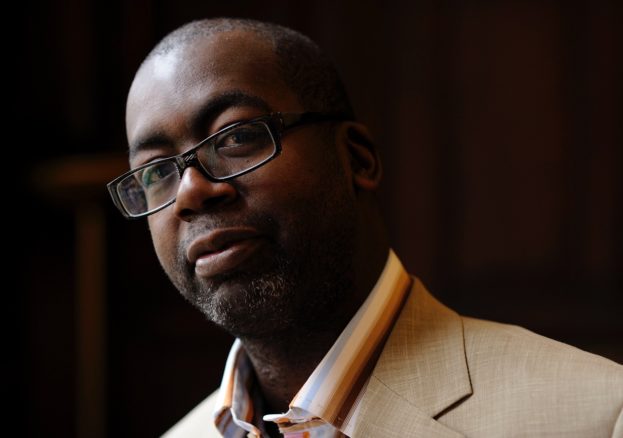
Created in 2003, the 100 Great Black Britons was a response to the largely white-male orientated ‘Top 100 Britons’ created by the BBC, which saw Winston Churchill’s name perched atop the list at number one.
Self funded and run by a team of merely three people, Patrick Vernon’s list was a bold statement, reminding the public the Black people of Britain were not a new, nor did we simply appear post Slavery. The 100 Great Black Britons reminded the General public that we have been on this small island for centuries, as noted by the inclusion of the African born Roman Emperor, Septimius Severus.
The list, which would go on to conclude Mary Seacole as the greatest Black Briton of all time, is a project that had every opportunity to fail. From empty promises of sponsorship, to promises being turned into threats, underfunding and over-stretched staff, a lesser man would have let the project steer into the rocky shores of failure- which is what everyone else wanted Patrick to do.
Yet the phrase ‘good things come to those who wait’ certainly applies to the concluding months of the 100 Great Black Britons list, where Vernon and his team would be approached by the BBC and Channel 4 before receiving full page spreads in every major newspaper outlets, including the Daily Mail and the Sun who released a full double page spread, twice.
“I will admit that I was surprised so many of the mainstream media outlets offered their support.” Vernon tells me, smiling.
The website was an instant success, racking up an unprecedented 500,000 hits in one day, which for 2003 was a strong enough result to crash the website on its’s rise to viral status.
“With the mainstream support and now the website being an instant hit, we were all surprised.”
The surprise was warranted, as no sooner did the success of the voting campaign begin to pick up steam, did backlash against the project begin to make the rounds.
“During the three month voting campaign there was a forum on the website which people could discuss their thoughts and feelings on the contenders.” The idea was an innocent one, until right-winged bigotry saw the platform being shut down. “Eventually we were forced to shut the forum down because the racial abuse, the hate mail- it was simply too much.”
Upon the announcement of the greatest Black Briton being declared on national television during Channel 4’s lunchtime news, Patrick Vernon had cemented his place as an influential Black Briton himself, ultimately becoming the poster boy and ‘gatekeeper’ to Black History.
But Patrick, like the list, is anything other than straight forward. His OBE for instance is not for his role in creating the list, but is for his work as a Healthcare professional, and whilst the list is praised for the positive depiction of Black peoples, Women’s rights activists and LGBT groups have praised the list for doing what the BBC list failed to address; which was to include Women and Gay icons.
Yet despite the list of great Britons being extensive, with 500 profiles on the 100 Great Black Britons website, Vernon’s own favourites never made the cut.
“There are a lot of celebrities who people expected to make the list, but they did not meet the criteria. Joel Augustus Rogers (Jamaican Author, Historian and Journalist) is someone I wanted to put on the list, but because he is a Jamaican who lived in America, I could not add him even though his contribution to society is worthy of going into our list.” Patrick tells me.
Regardless of who occupies the list, the impact of the list has created ripples which are still felt today, both in wider society and in Patrick’s personal life.
One prime example of this is the Mary Seacole statue which was unveiled in June this year outside St Thomas Hospital. Initially, the 10ft Bronze statue had very few financial backers, though with the announcement of Seacole making the list of Greatest Black Britons and being ranked at number 1, funding campaigns very quickly steamrolled. The ripple reaches farther than financial backing however and when Michael Gove attempted to remove Mary Seacole from the national curriculum, Vernon’s list was once again the sited source in her defence.
But the 100 Great Black Britons list has overshadowed the accomplishments Patrick has achieved in the past 13 years, at least within the Black Community. The overlook is somewhat ironic, as his company, Every Generation Media specialises in Black History and heritage research, creating books and publishing them as well as films, with a potential documentary in the works.
But would he have time to create a new 100 Great Black Britons list? Patrick answers with one sentence. “I certainly want to, definitely.”
